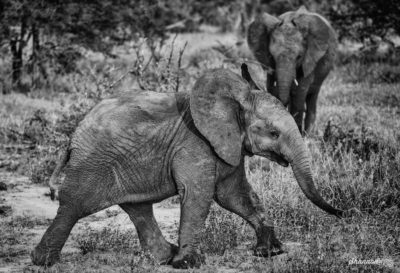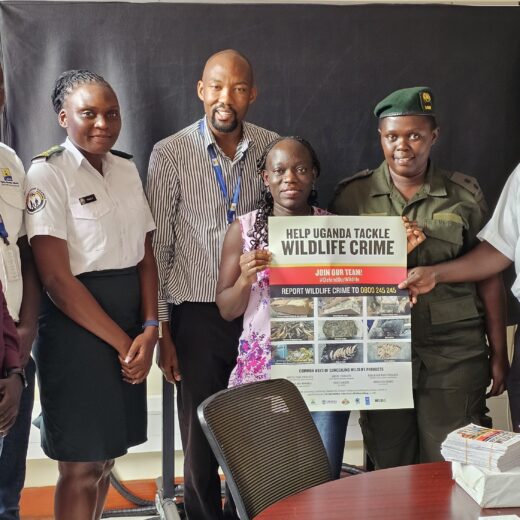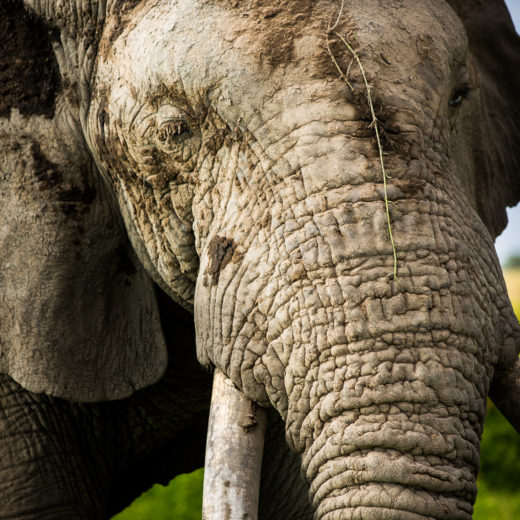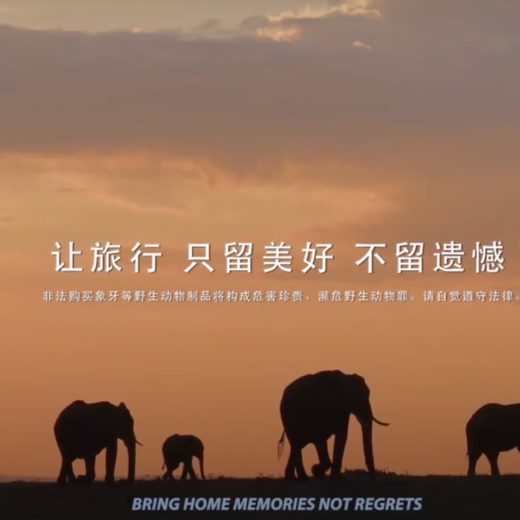
BY ANDREW HARMON
Elephant ivory is plummeting in value throughout China, according to new data released Monday by Save the Elephants. Despite soaring prices for illegal ivory from 2010 to 2014, researchers Esmond Martin and Lucy Vigne report that raw ivory prices in China have fallen by half over the past 18 months — from $2,100 (USD) per kilogram to $1,100.
In their survey of eight Chinese cities, the researchers observed that consumer demand for ivory is in apparent free-fall. China’s ivory carving factories reported a severe shortage in tusks, and government-issued IDs required to legally sell ivory had been delayed. Save the Elephants will publish Martin and Vigne’s full findings next month.
The new data coincides with broader awareness and changing attitudes in China, where public knowledge of Africa’s elephant-poaching crisis doubled from 2012 to 2014, according to a March report by WildAid, Save the Elephants and African Wildlife Foundation. At the same time, the Chinese government has made progressive steps to control the illegal ivory market, culminating in President Xi Jinping’s September announcement that China and the United States would work together to halt the ivory trade.
“The ivory price collapse in China is much-needed good news for Africa’s elephants,” said WildAid CEO Peter Knights. “Though there is much work to be done, this is an essential first step in ending the poaching crisis. The banning of the market in China and the United States puts pressure on Hong Kong SAR, as well as Thailand and Japan to follow suit, and should encourage improved enforcement efforts in Africa, in places like Kenya and Tanzania.”
Since 2012, WildAid, Save the Elephants and African Wildlife Foundation have partnered on an extensive ivory public awareness campaign in China, led by icons such as former NBA star Yao Ming and actress Li Bingbing, who through billboards, public service messages and documentaries have urged the public never to buy, give or accept ivory as a gift.
Chinese media partners, such as CCTV and Xinhua, have provided over $42 million (USD) in pro bono media placement and airtime to the campaign by broadcasting PSAs to hundreds of millions of people.
The message was further amplified in October when Prince William made a historic address to the Chinese people, calling on China “to turn the tide of extinction” by rejecting the illegal wildlife trade. In March, CCTV aired WildAid PSAs with Prince William, Yao Ming and British soccer legend David Beckham 71 times in one day.
WildAid, African Wildlife Foundation and Save the Elephants have also put significant pressure on Hong Kong SAR, a global ivory hub that has fueled mainland Chinese consumer demand, to end its own illicit trade. Following the October release of undercover footage that showed systemic failings by the Hong Kong SAR government to control the trade, officials have expressed that they are “open-minded” to ending ivory sales—a move supported by the Legislative Council of Hong Kong SAR (LegCo) in a recent vote.
Stay in touch and get the latest WildAid updates.
SIGN UP


